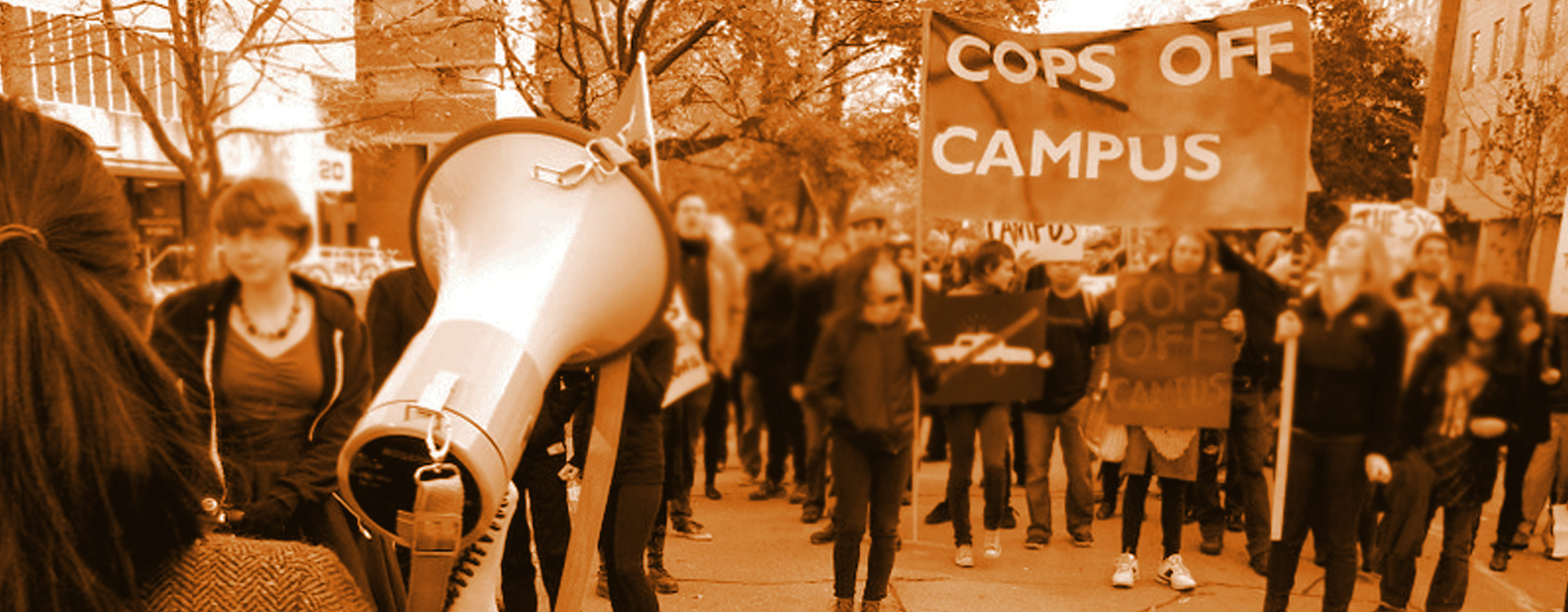OPIRG Toronto
 [vc_empty_space height="30px"]
[vc_empty_space height="30px"]
Quick Links
[vc_empty_space height="10px"]
Overview
OPIRG Toronto is an intersectional grassroots volunteer-based group at the University of Toronto, with a mandate for action, education, and research on environmental and social justice issues. We seek to empower and educate students and community members by building connections and providing opportunities for students to connect with community activism and vice versa. We also provide a forum for learning and sharing skills, and give people the tools and opportunity to work cooperatively for social and environmental change.
We are an independant student funded organization, we are not funded or beholden to any administrative or governmental body. This means that we are not associated with UofT’s administration or any level of government (federal, provincial or municipal). We are a member of a provincial network of Public Interest Research Groups (PIRGs), with eleven others in Ontario.
OPIRG Toronto is best known for our multi-focus research, education and action on a wide variety of social and environmental justice issues and the links between various issues. As an intersectional organization we strongly believe that the only way to tackle systemic issues is to analyze, address and acknowledge the interconnectedness of social issues such as anti-Blackness, Islamophobia, classism, transphobia, rape culture, xenophobia, misogyny and white supremacy. We are dedicated to the un-learning process that is required to deconstruct these oppressions and as part of this we prioritize the voices of 2SLGBTQ, BIPOC, migrant, Disabled and Muslim communities on our Board of Directors and in our volunteer make-up and action groups
Finances and Audits
For our financial information such as publicly released year end audits and financial statements, please follow this link and scroll downwards
Program Focus
Most non-profit volunteer based organizations have a “client base” and/or work on issues selected by their staff and Board of Directors. OPIRG doesn’t work like this. The issues we work on are chosen by volunteers who are more than our “client-base”, volunteers actually make the organization what it is. This means that one of our most important objectives is to provide a space where students and community members can utilize and further develop the skills, tools and analysis they need/want to do their work around issues of social and environmental justice more effectively.
Our focus and programming changes with the needs of our communities. This is reflected in the changing line of action groups we fund and in our core programming such as Tools for Change, which is a workshop series where we connect social justice principles and perspectives to everyday skills. We run on a consensus based decision making model that works to ensure that all of our members are heard. This makes OPIRG Toronto a dynamic bottom up led group that is able to respond to urgent issues in our community as they develop
Striving for Intersectional Social Justice
OPIRG’s active membership reflects those we serve both on campus and in the broader community. This means that we actively strive to provide an anti-oppressive space for people who are surviving racism, Islamophobia, colonization, poverty, transphobia, homophobia, ableism, and sexism
This also means that we recognize that creating safer spaces is an ongoing process–this starts from recognizing and respecting that those who are on the margins are often in better positions to understand how systems of oppression, power and privilege work and are maintained.
We are dedicated to building bridges between campus and the broader community and working to subvert the hierarchical oppressive structures replicated in places like post-secondary and urban centres
Addressing Hierarchical Power Structures
All of the environmental and social justice issues that exist today stem from the structural hierarchy of our society. A few people decide what will be done and how it will be done for everyone else. Generally, those decisions reflect the self interest of the group in power (e.g. wealthy, white, cis and heterosexual). In addressing issues of environmental and social justice it makes little sense to use the very organizational structures that permit gross inequities to exist in the first place. Power differences will never truly be eliminated: not everyone has equal access to information, resources or experience. We can, however, design a volunteer program that strives to address and recognize power, privilege and oppression.